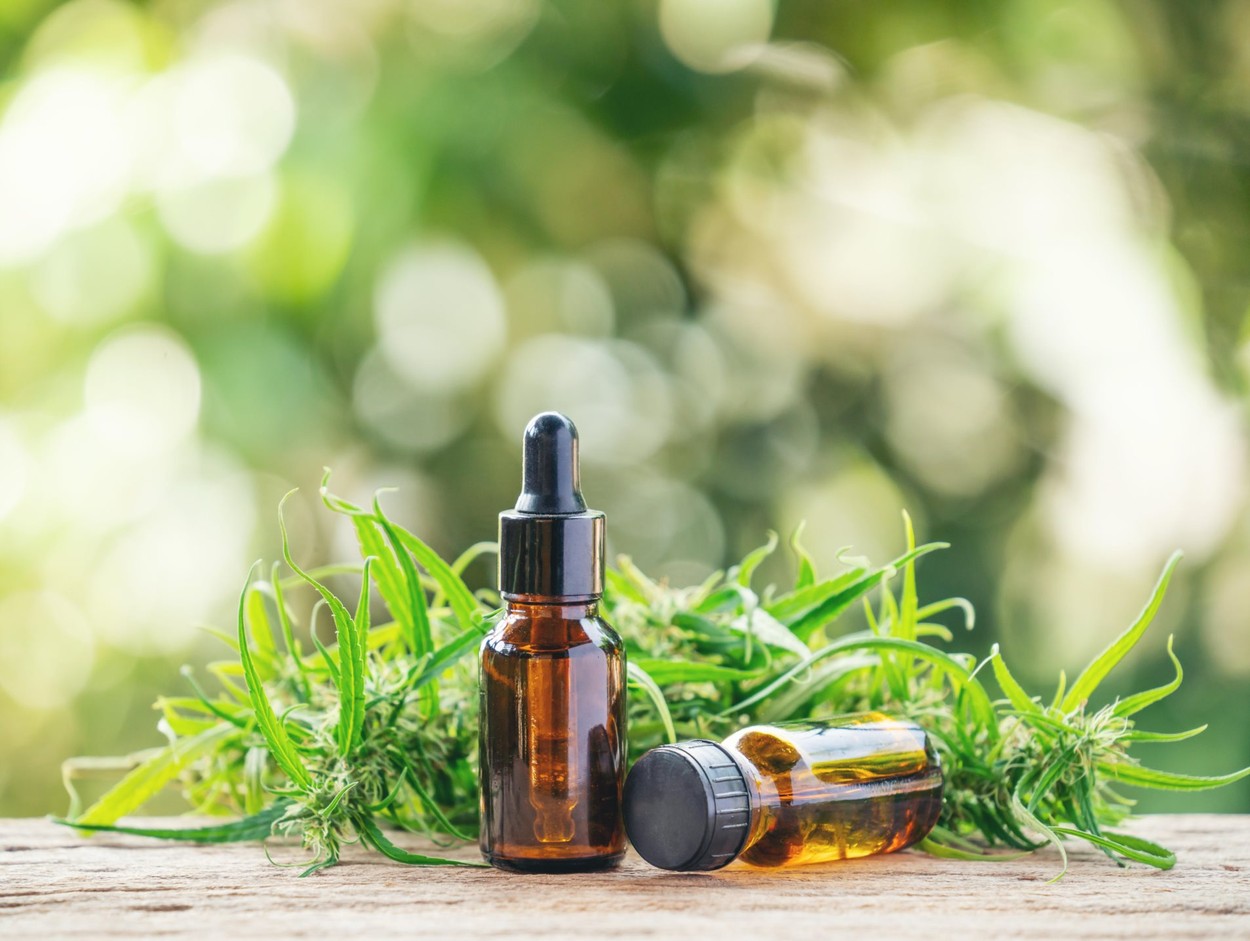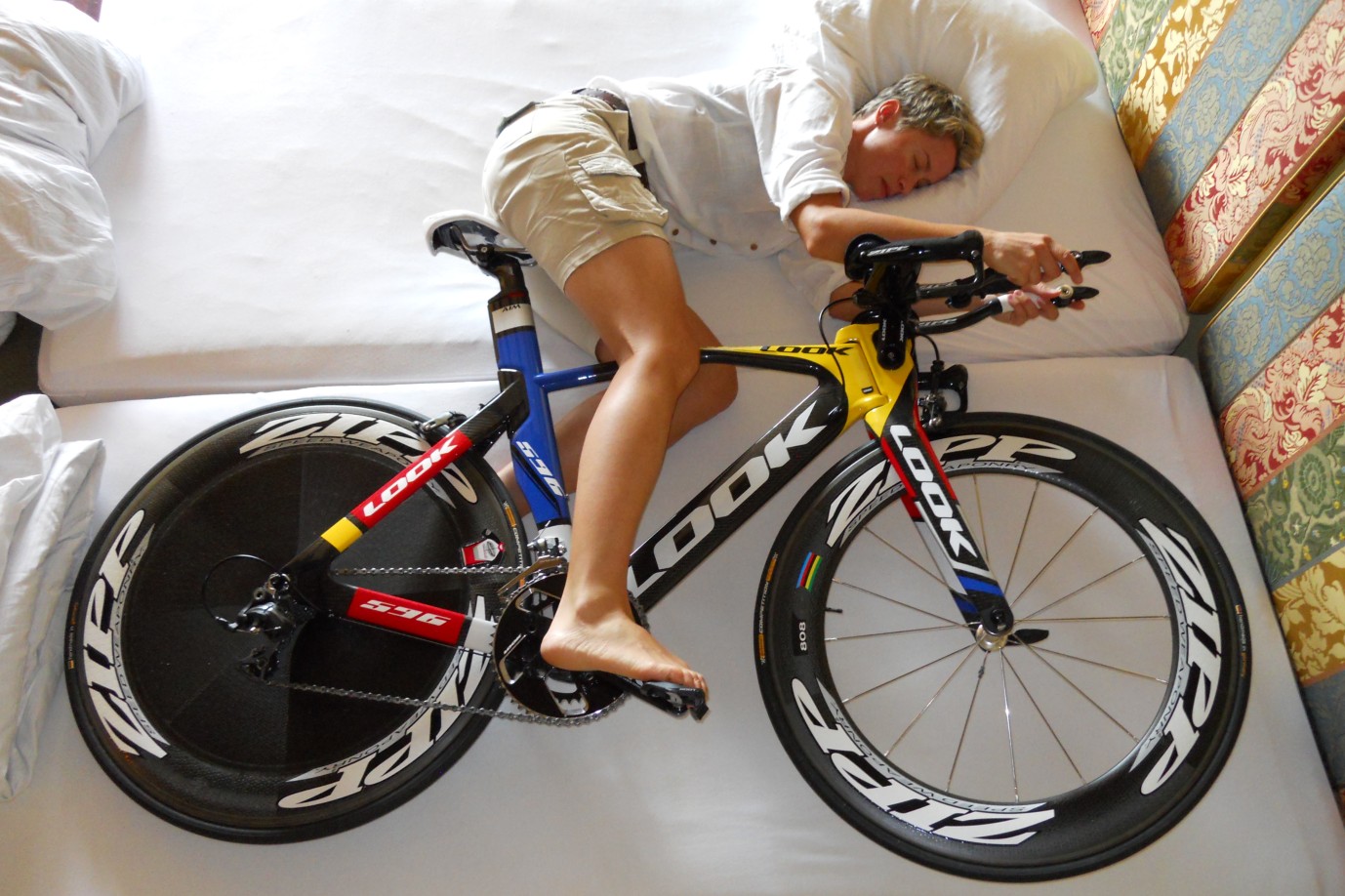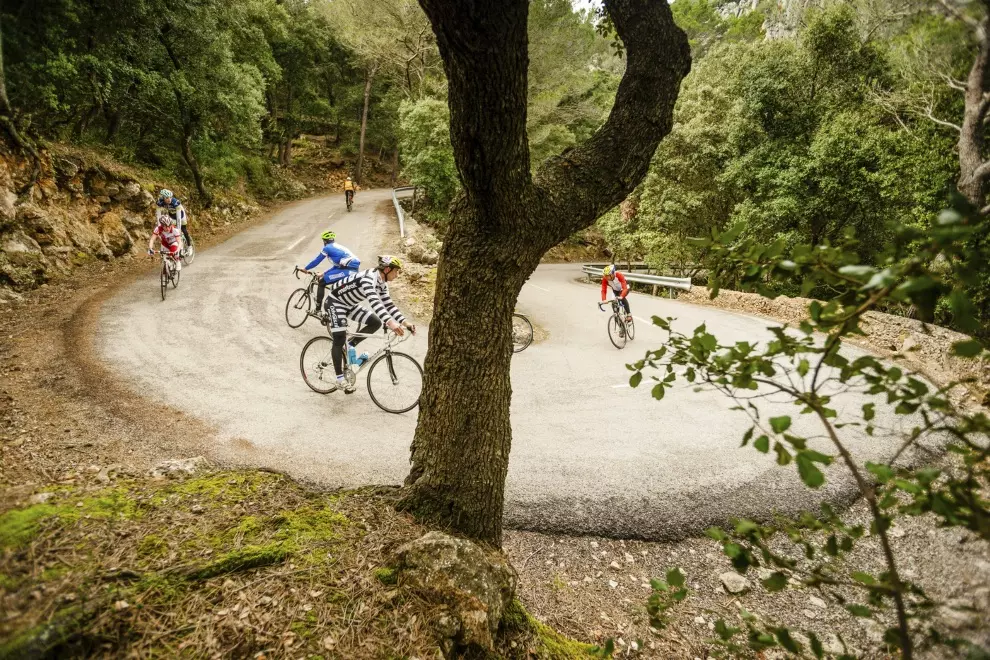Not enough science yet
The first thing to note when talking about the effects of CBD on recovery is that there’s not much actual peer-reviewed science to lean on. Mark Tallon, Ph.D., the managing director of a UK firm Legal Foods and a nutritionist, called out the CBD sector for a gaping lack of scientific data.

“There are no studies that relate to the dose used in commercial low-dose CBD products except an early assessment study that found 75mg CBD oil per day could improve sleep, reduce appetite and enhance the quality of life.”
Even though this is true, we do have some science that suggests potential mechanisms and we also have a lot of athletes claiming they are getting tangible benefits from using CBD.
Reduced inflammation
Let’s start with inflammation. We know that some of it is necessary to stimulate training adaptations but too much can slow down recovery and limit performance. A study by Nagarkatti (2009) described a potential mechanism through which cannabinoids could help. It shows that cannabinoids binding to CB2 receptors may have an anti-inflammatory effect by reducing cytokine production. In other words, CBD bound to CB2 receptors might help reduce the response when your immune system sounds the alarm after hard workouts.

Improved sleep quality
Sleep is a pillar of recovery, anything that can help improve sleep quality will boost recovery in a big way. A study by Murillo-Rodriguez (2003) shows that CBD might help with sleep by inhibiting the reuptake of adenosine. Adenosine is a molecule that builds up throughout the day and makes you sleepy in the evening if you have enough of it.
Pain relief
One of the most appealing aspects of CBD is the fact it is supposed to be able to relieve pain. Overall, studies have shown that cannabis is effective for reducing pain, including musculoskeletal pain from exercise as well as stiff joints. The problem is that it’s mostly THC and far less CBD that has these properties. Very little is known about the impact of CBD alone on pain management.
Athlete experiences
The lack of science is not stopping a lot of athletes experimenting with CBD and experiencing benefits. For example, Andrew Talansky, a professional triathlete from California, who, as an elite cyclist, rode in the Tour de France, said that his sleep improved almost immediately when he started taking CBD daily. He also said he felt less anxious about transitioning from pro cycling to his new sport, felt that he recovered more quickly from hard training, and had fewer flare-ups of his old cycling injuries.
https://www.instagram.com/p/B3XtmDVhzPu/
Elite ultramarathoner Avery Collins says that CBD products are a big part of his daily routine and credits them with boosting his energy levels, speeding his recovery from long trail runs, and improving his sleep.
Charles Bush-Joseph, M.D., a professor of orthopaedics at Rush University Medical Center in Chicago, says: “CBD coupled with stretching, icing, and foam rolling is a common treatment plan for tendonitis injuries about the knee, such as iliotibial band syndrome. Many patients like the fact that CBD is a natural substance. While specific research on the use of CBD in this instance is lacking, many believe that it helps prevent muscle and collagen breakdown.”
Does it work?
As you can see, some athletes do see benefits when using CBD. The science is still not fully there to say whether that’s placebo or a real effect. But, so far, it seems the risk of trying CBD is not very high. That means probably the best option, if you can afford it, is to try and see for yourself whether CBD will help. If you are conservative, you can wait, there’s a lot of research on the way and we will know more in the coming years.




